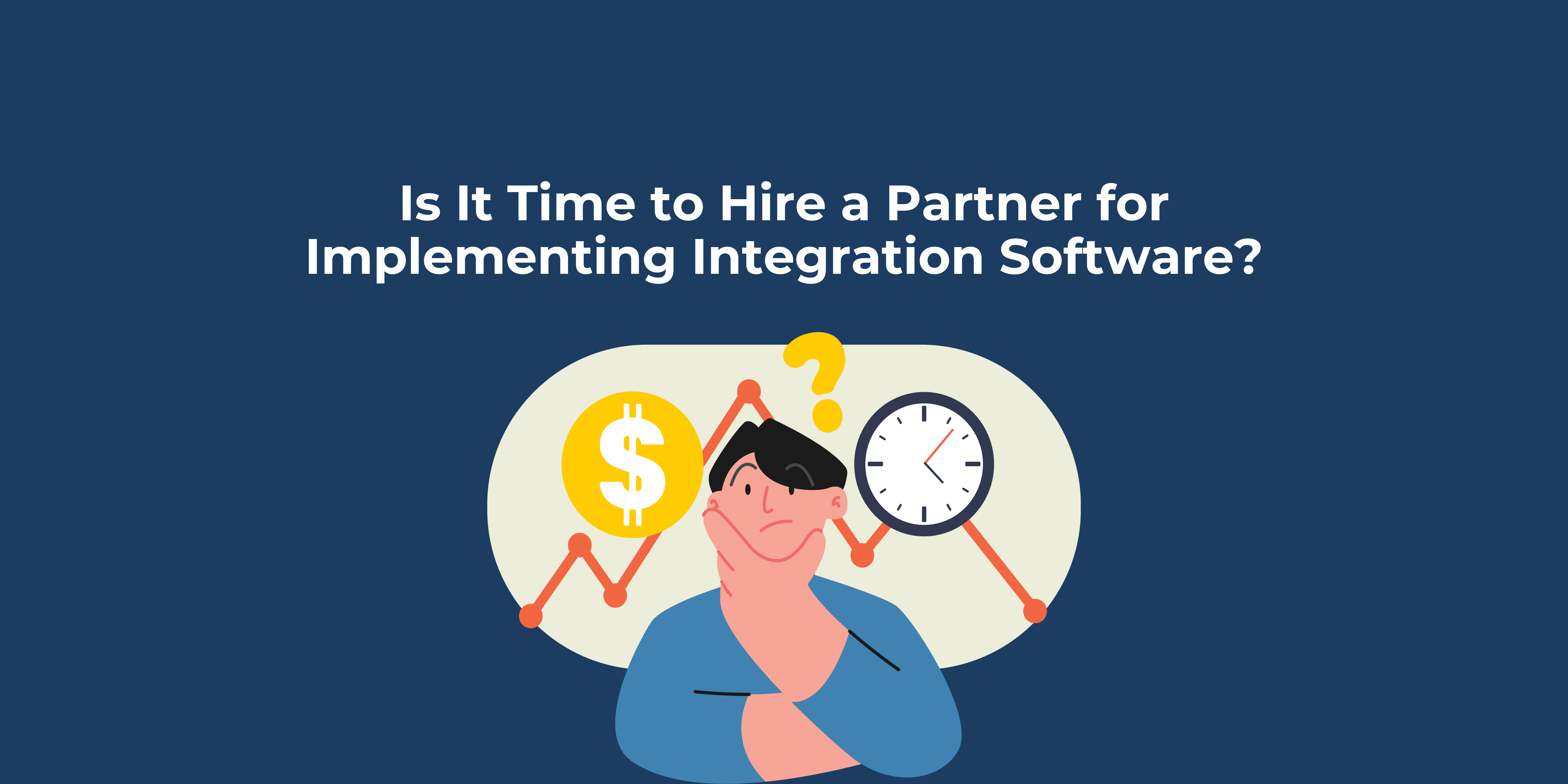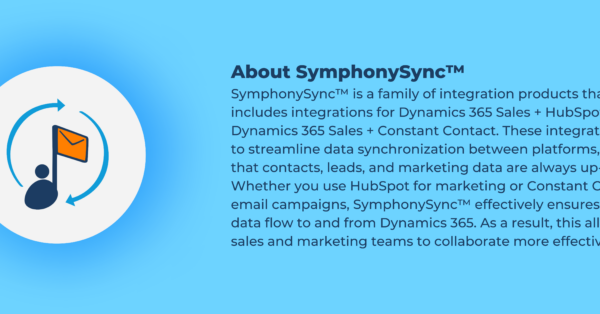As businesses grow, their systems often become more complex, requiring seamless connections between tools like CRM systems, marketing platforms, and other critical software. Integration software offers a solution to unify these systems, ensuring smooth data flow and efficient processes. However, implementing integration software isn’t always straightforward, making DIY hard. When should you consider hiring a partner to help implement integration software? Here are some key factors to consider.
1. Limited In-House Expertise
Integration software often requires technical knowledge, such as API configurations, data mapping, and workflow automation. If your team lacks experience in these areas, a partner can bridge the gap. They bring specialized skills and a deeper understanding of the software, ensuring the implementation is both efficient and effective.
2. Time Constraints
Your team is busy! Adding a complex integration project to their workload is often not feasible. A dedicated partner can focus solely on the implementation, keeping the project on track while your team continues to manage their regular responsibilities.
3. Complex Use Cases
Some integration needs are straightforward, such as syncing contacts between platforms. Others, like syncing custom fields, automating multi-step workflows, or handling large volumes of data, can quickly become complicated. Experienced partners can design tailored solutions to meet your unique business requirements.
4. Avoid Costly Errors
Mistakes during implementation can disrupt business operations but can also severely compromise the integrity of your systems. A partner minimizes risks by applying best practices and troubleshooting potential problems before they arise.
5. Scalability and Long-Term Support
Hiring a partner isn’t just about getting the job done. Setting your systems up for long-term success is crucial to getting the most out of your investment. Partners can build scalable integrations and offer ongoing support, ensuring your systems grow alongside your business needs.
Example: Simplifying CRM and Marketing Integration
Let’s consider a scenario where a company uses HubSpot for marketing and Dynamics 365 for CRM. The two systems need to share data seamlessly—such as syncing leads from HubSpot to Dynamics and sending updates from Dynamics back to HubSpot. While this may sound simple, businesses often require syncing additional fields, handling custom workflows, or integrating with other tools.
This is where specialized integration software like SymphonySync™ can help. Instead of relying on restricting pre-built connectors, a solution like SymphonySync™ offers flexibility, and customized syncs and field mapping. An experienced implementation partner ensures these capabilities are set up correctly, saving time and avoiding potential missteps.
Questions to Ask Before Hiring a Partner
-
-
What level of customization do we need for the integration?
-
Does the team have the capacity to manage the project internally?
-
Are we prepared to handle ongoing maintenance and troubleshooting?
-
How critical is this integration to our business operations?
-
Answering these questions can help you determine whether a partner is the right choice for your business.
Hiring a partner to implement integration software isn’t always necessary, but in many cases, it’s a smart investment. With the right expertise, your integration can be up and running smoothly.
If you think you would benefit from an integration partner to implement your integration software, TopLine Results specializes in a wide variety of integrations including our own integration ion software SymphonySync™. Contact us today to get started!



You must be logged in to post a comment.